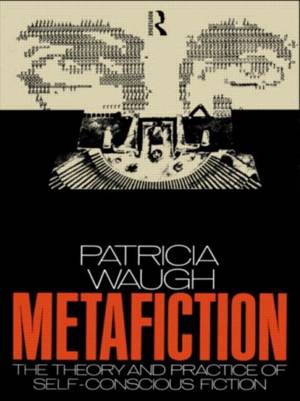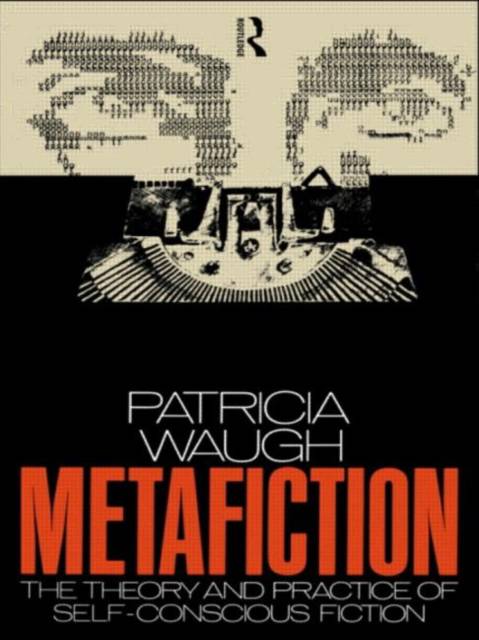
Door een staking bij bpost kan je online bestelling op dit moment iets langer onderweg zijn dan voorzien. Dringend iets nodig? Onze winkels ontvangen jou met open armen!
- Afhalen na 1 uur in een winkel met voorraad
- Gratis thuislevering in België vanaf € 30
- Ruim aanbod met 7 miljoen producten
Door een staking bij bpost kan je online bestelling op dit moment iets langer onderweg zijn dan voorzien. Dringend iets nodig? Onze winkels ontvangen jou met open armen!
- Afhalen na 1 uur in een winkel met voorraad
- Gratis thuislevering in België vanaf € 30
- Ruim aanbod met 7 miljoen producten
Zoeken
€ 51,45
+ 102 punten
Uitvoering
Omschrijving
Metafiction begins by surveying the state of contemporary fiction in Britain and America and explores the complex political, social and economic factors which influence critical judgment of fiction. The author shows how, as the novel has been eclipsed by the mass media, novelists have sought to retain and regain a wide readership by drawing on the themes and preoccupations of these forms. Making use of contemporary fiction by such writers as Fowles, Borges, Spark, Barthelme, Brautigan, Vonnegut and Barth, and drawing on Russian Formalist theories of literary evolution, the book argues that metafiction uses parody along with popular genres and non-literary forms as a way not only of exposing the inadequate and obsolescent conventions of the classic novel, but of stuggesting the lines along which fiction might develop in the future.
Specificaties
Betrokkenen
- Auteur(s):
- Uitgeverij:
Inhoud
- Aantal bladzijden:
- 186
- Taal:
- Engels
- Reeks:
Eigenschappen
- Productcode (EAN):
- 9780415030069
- Verschijningsdatum:
- 18/10/1984
- Uitvoering:
- Paperback
- Formaat:
- Trade paperback (VS)
- Afmetingen:
- 127 mm x 203 mm
- Gewicht:
- 208 g

Alleen bij Standaard Boekhandel
+ 102 punten op je klantenkaart van Standaard Boekhandel
Beoordelingen
We publiceren alleen reviews die voldoen aan de voorwaarden voor reviews. Bekijk onze voorwaarden voor reviews.











